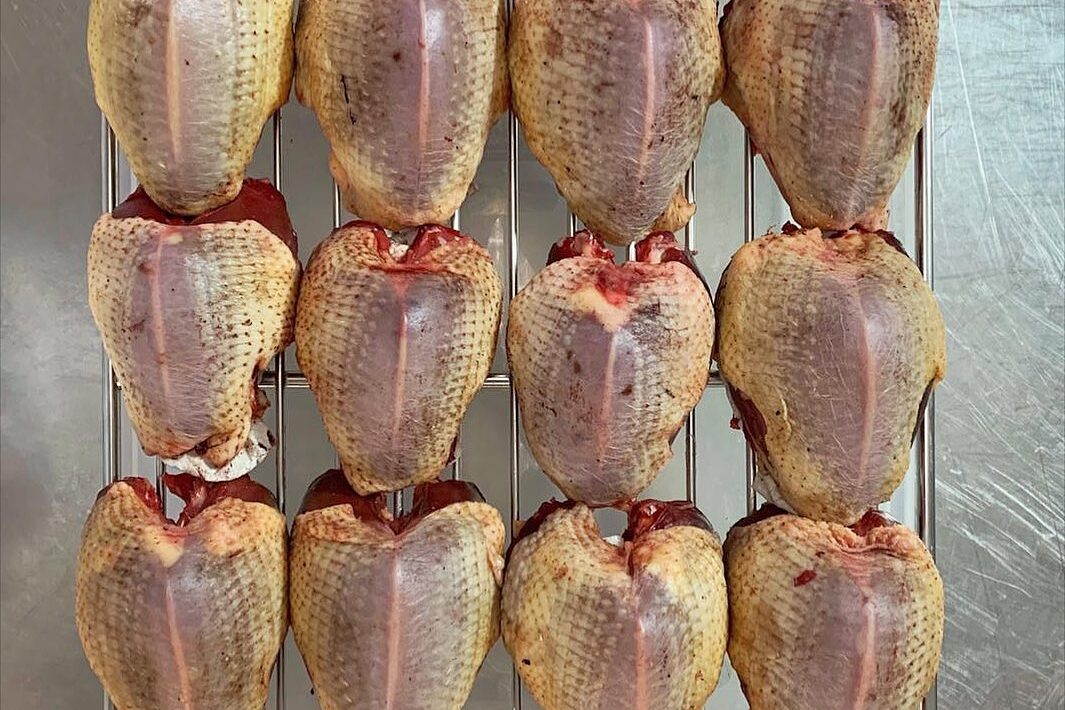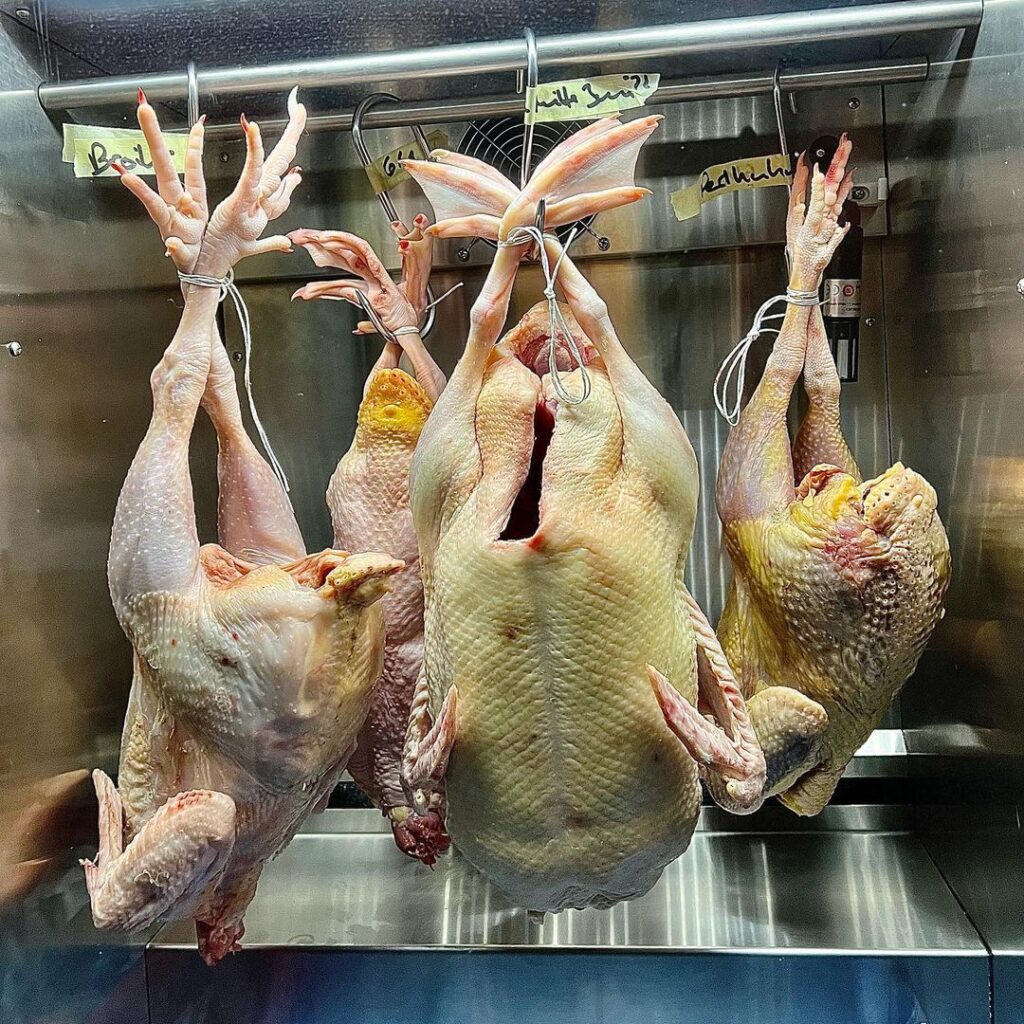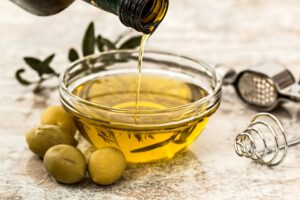
The Art of Seasoning Meat
Seasoning meat is an essential step in preparing delicious and tender meat dishes. The process involves allowing the meat to rest for a period of time, during which enzymes in the meat break down muscle fibers and connective tissues, resulting in a more tender and flavorful end product.

Dry Aging vs. Wet Aging: Which Method is Right for Your Meat?
Seasoning or maturation of meat is the time it takes for raw meat to become tender and ready to eat. There are two primary methods for seasoning meat: dry aging and wet aging. Dry aging consists of storing meat with bones at a constant temperature and specific humidity for two to four weeks, while wet aging involves storing part of boneless meat or already cut steaks in vacuum foil for two to four weeks. During dry aging, meat loses up to 25% of its weight. It results in a higher price per kilogram, but it also gets a unique taste and texture that is highly sought after by many meat enthusiasts. Wet aging is a more affordable and accessible option that still produces a tender and juicy result.
The Benefits of Marinating
Marinating and brining are popular techniques for adding flavor and tenderness to meat. Marinating involves soaking meat in a mixture of oil, acid, and seasonings, while brining involves soaking meat in a saltwater solution. Both techniques help to break down proteins in the meat. It results in a more tender texture, while also infusing the meat with delicious flavors. Marinating and brining are especially beneficial for tougher cuts of meat that can benefit from a longer cooking time.

High-Quality Meat and Proper Storage
When it comes to seasoning meat, the quality of the meat itself is just as important as the seasoning method. Choose high-quality, fresh meat from a trusted source for the best results. Proper storage is also crucial for seasoning meat. After slaughter, each meat should rest before being used in the kitchen. It stablelizes the biochemical processes. Store meat at the appropriate temperature and humidity for the chosen seasoning method. Keep an eye on the meat to ensure it is not spoiled or past its prime.
The Importance of Timing
Different types of meat require different amounts of time to season properly. Beef, for example, can be dry aged for two to four weeks, while fish can be seasoned for a shorter period of time. It is important to follow the recommended timing for each type of meat in order to achieve the desired results. Over-seasoning or under-seasoning can affect the taste and texture of the meat, so it is crucial to pay attention to the timing and adjust accordingly.
It’s important to avoid oil in spices as the fat creates a barrier to prevent moisture from escaping as the salt seeps in. Such meat should also not be salted or marinated before processing, because its natural properties allow for perfect caramelization and extraction of all flavors. The possible addition of salt is only recommended on the plate.









Post a comment